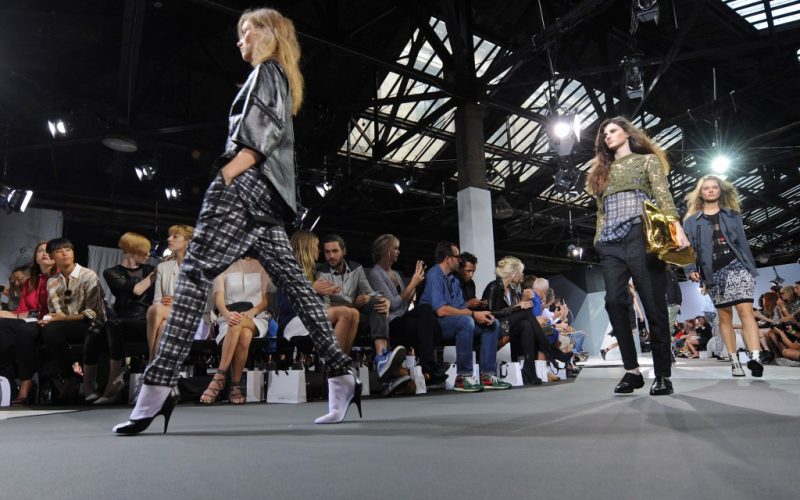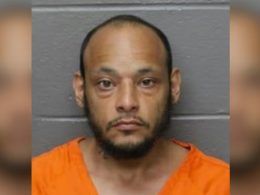Many survivors report “freezing” during a sexual assault. This involuntary response to a threat prevents a victim from actively resisting, as the brain switches into survival mode. Perpetrators often claim assumed consent from an absence of resistance.
As a survivor and leader of the Model Alliance, a nonprofit dedicated to people who work in the fashion industry, I have felt a similar sense of paralysis since the election. I know that I’m not alone as daily reports of what Donald Trump has planned for a second administration pour in. Trump has incited violence, fueled racism, rolled back protections for the most marginalized, and stands accused of sexual abuse by at least 28 women — including members of our community.
But, while the Trump administration promises to elevate alleged sexual predators to cabinet positions and throw away basically all national labor standards and enforcement, Gov. Hochul has an opportunity to deliver workers’ rights for our community of predominantly young, immigrant women and girls who work or aspire to work in the fashion industry by signing the Fashion Workers Act.
Fashion is one of the only industries where women often outearn men, yet are extremely vulnerable to exploitation and mistreatment. Indeed, it’s no coincidence that abusers like Harvey Weinstein, Jeffrey Epstein, and Bill Cosby preyed on our community through unregulated model management agencies in New York State.
Trump himself owned a modeling agency, through which teenage girls attended private dinners with him and other abusers. Trump’s agency even flouted immigration laws, encouraging girls to work in the U.S. illegally and then trapping them in an exploitative working dynamic.
Currently, it’s standard practice for model management agencies to require models to sign over power of attorney, giving them power to accept and deposit checks, charge bogus expenses and even forfeit actual pay on behalf of the model. Models — who often are not even able to see their contracts with their own clients — often wait months to be paid, only to wind up in a debt they could never repay after unexplained fees and exorbitant commissions have been deducted from their earnings.
Despite having this immense power, management agencies claim that they do not have a fiduciary duty to models. Although models sign exclusive, multi-year, auto-renewing contracts with their management agencies, there is no obligation for them to find models work, negotiate contracts in their best interests, or even conduct basic health and safety checks into the castings and jobs.
The power dynamic is even more stark for immigrant models, since management agencies also double as visa sponsors and landlords. These one-sided, totally unfair contracts would be considered malpractice in any other industry — even in the similarly-structured entertainment industry, which also calls New York home.
The governor, who is wondering how she can lead on progressive values while working cooperatively with a hostile White House, has just until the end of the year to sign the Fashion Workers Act into law.
The Fashion Workers Act would close the loophole through which management agencies evade regulation and engage in a variety of predatory behaviors that work to keep models in debt and vulnerable to abuse. The bill requires that management agencies provide copies of contracts, pay talent without deducting unidentified fees and conduct reasonable inquiries into health and safety on set before sending talent.
Backed by a strong coalition of supporters — SAG-AFTRA, National Domestic Workers Alliance, and the Council of Fashion Designers of America, to name a few — the bill would impose civil penalties on management agencies that violate their responsibilities under the bill, while empowering the state attorney general to hold repeat offenders accountable.
The Fashion Workers Act is a major step forward in ensuring working and aspiring models have basic labor protections — and it’s a place where New York can have enormous, even global impact.
As the governor considers the future of one of the state’s most economically and culturally significant industries — one that a recent McKinsey report shows the state is in danger of losing — she must lead on New York values and sign into law long-overdue protections for the precarious, mostly female workforce who make the industry’s success possible.
By signing this bill into law, Hochul can help workers, survivors and other marginalized groups step out of the freeze response and get back to building a movement.
Ziff is the founder and executive director of the Model Alliance.








